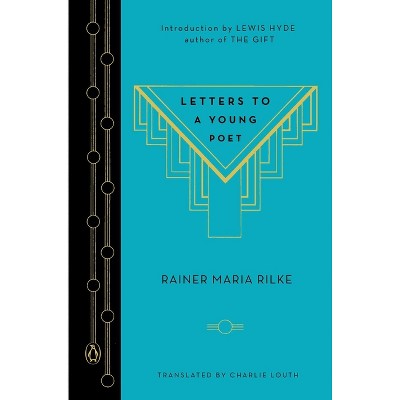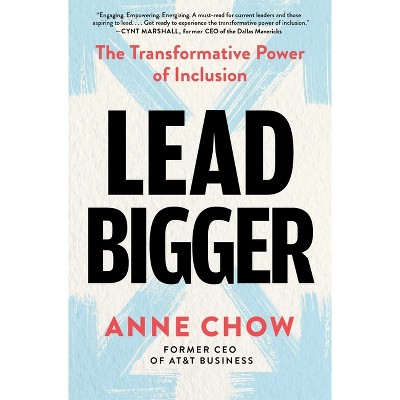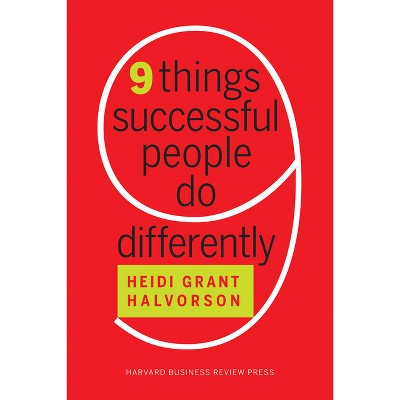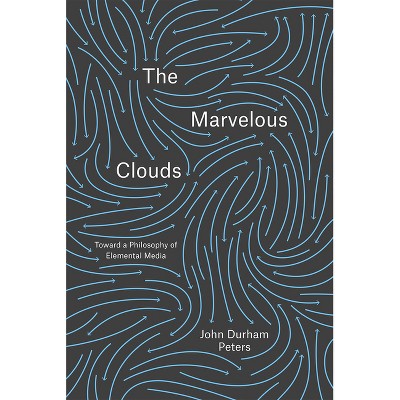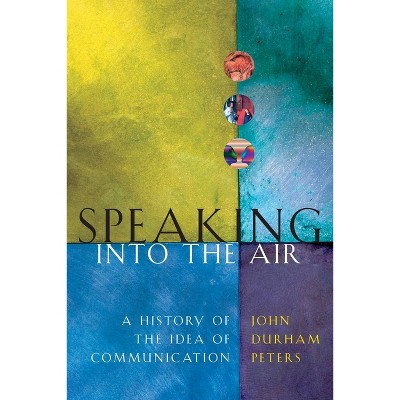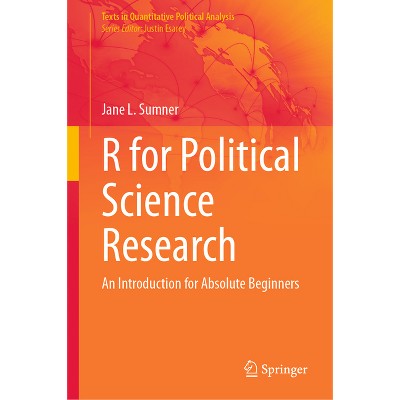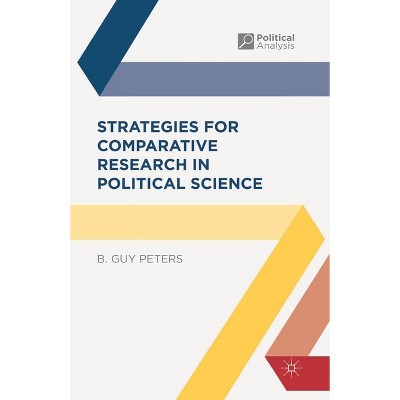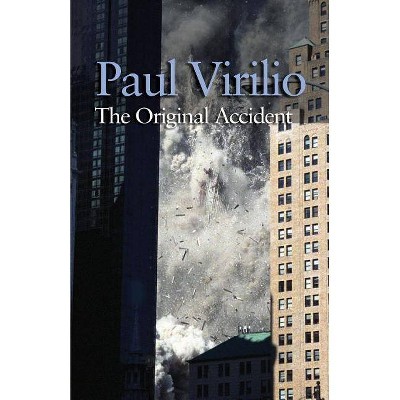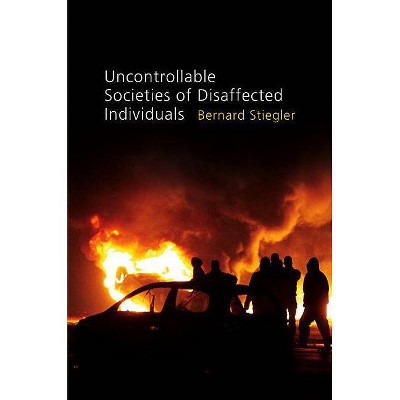Sponsored

Canonic Texts in Media Research - by Tamar Liebes & Avril Orloff & John Durham Peters (Hardcover)
In Stock
Sponsored
About this item
Highlights
- Many of us have our own canonic texts - the kind that won't go away.
- About the Author: Elihu Katz is Professor of Communication, University of Pennsylvania, and Professor Emeritus, Departments of Sociology and Communication, The Hebrew University of Jerusalem, John Durham Peters is Professor of Communication Studies, University of Iowa, Tamar Liebes is Professor of Communication, The Hebrew University of Jerusalem, and Avril Orloff is a writer/researcher in Toronto.
- 280 Pages
- Social Science, Media Studies
Description
Book Synopsis
Many of us have our own canonic texts - the kind that won't go away. We tell them that their time has passed, that it's embarrassing they're still around, but they turn up repeatedly on our reading lists and in our bibliographies. They inspire us, haunt us, argue with us - but they won't leave. Typically, we keep them to ourselves. There's no reason to hide them. Canons (and saints) should be shared, because they define fields and communities. These texts are not simply monuments, however. They are alive and breathing, standing the test of time by shedding old meanings and assuming new ones. The minimal care they need - occasional brushing off and bulb-changing - is well worth the trouble. The field of media studies is now more than 50 years old, and the contributors to this volume offer their own candidates for canonization. Each of the 13 essays in the book presents a critical reading of one of these classics and debates its candidacy. The texts are summarized, analysed and re-examined for their contemporary relevance.
From the Back Cover
ARE THERE ANY? Many of us have our own canonic texts - the kind that won'tgo away. We tell them that their time has passed, that it's embarrassing
they're still around, but they turn up repeatedly on our reading lists and
in our bibliographies. They inspire us, haunt us, argue with us -- but they
won't leave. Typically, we keep them to ourselves.
SHOULD THERE BE? Of course there should be, and there's no reason to hide
them. Canons (and saints) should be shared, because they define fields and
communities. These texts are not simply monuments, however. They are alive
and breathing, standing the test of time by shedding old meanings and
assuming new ones. The minimal care they need - occasional brushing off and
bulb-changing - is well worth the trouble.
HOW ABOUT THESE? The field of media studies is now more than 50 years old,
and the contributors to this volume offer their own candidates for canonization. Each of the thirteen essays in the book presents a critical reading of one of these classics and debates its candidacy. You are invited to disagree. The texts are summarized, analysed and re-examined for their contemporary relevance. They are grouped together in schools (Chicago, Columbia, Frankfurt, Toronto, British Cultural Studies) to highlight the different perspectives that characterize the field.
This book offers thirteen pairs of shoulders to stand on, the better to see the field of media studies. It will serve as an excellent teaching text for advanced students in communications and media and cultural studies.
Review Quotes
"This is an outstanding work. The original concept of the book is brilliant and the essays make good on it. I think the book will make waves in communication research and in the history of communication theory, both in the quality of the individual essays and in the reconsideration of the virtues and vices of there being such a thing as a canon in a discipline at all." Professor Michael Schudson, University of California, San Diego
About the Author
Elihu Katz is Professor of Communication, University of Pennsylvania, and Professor Emeritus, Departments of Sociology and Communication, The Hebrew University of Jerusalem, John Durham Peters is Professor of Communication Studies, University of Iowa, Tamar Liebes is Professor of Communication, The Hebrew University of Jerusalem, and Avril Orloff is a writer/researcher in Toronto.Shipping details
Return details
Frequently bought together
Trending Non-Fiction








